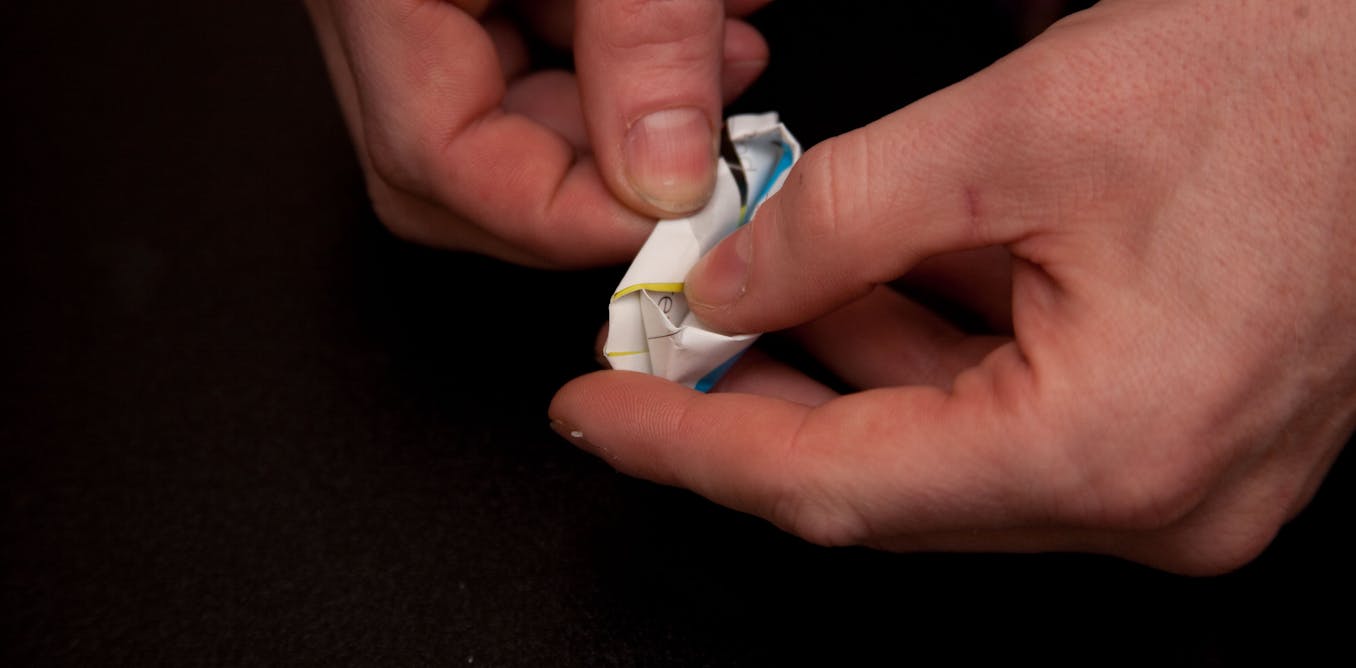- cross-posted to:
- [email protected]
- cross-posted to:
- [email protected]
Ketamine typically takes about 15 minutes to work and induces euphoria, relaxation and a slight sense of detachment. However, with higher doses it can also cause dissociation. This can be confusing and can cause panic attacks and memory loss. It can increase blood pressure and affect breathing and heart function.
Effects can also be fatal.
Some urologists have also expressed concern about an increase in bladder problems (so-called “ketamine bladder”) as a result of prolonged and heavy use of the drug. Although national data about the number of people with ketamine bladder is not available, there are other sources about the use of ketamine.
Ketamine doesn’t induce the same type of hangover that alcohol and other drugs do. This makes it appealing to those who need to be at work the day after using it. Likewise, it is appealing to those on zero-hour contracts who are asked to work at short notice.
However, many people will use other substances alongside ketamine – typically alcohol. Mixing alcohol and ketamine can cause significant harm, ranging from slowed breathing to coma and even fatal overdose.
Paradoxically ketamine is being investigated as a treatment for those who are dependent on alcohol, including those who haven’t responded to more traditional forms of therapy.
It’s not clear whether the UK has reached peak ketamine use. Most drugs fall in and out of fashion. It is clear that originally banning the drug in 2005, and increasing punishments in 2014 has failed to halt its rising popularity. What could have helped was investment into prevention, education and harm reduction services, but this didn’t happen and we are seeing some of the consequences now.



Have you tried locking them up more?